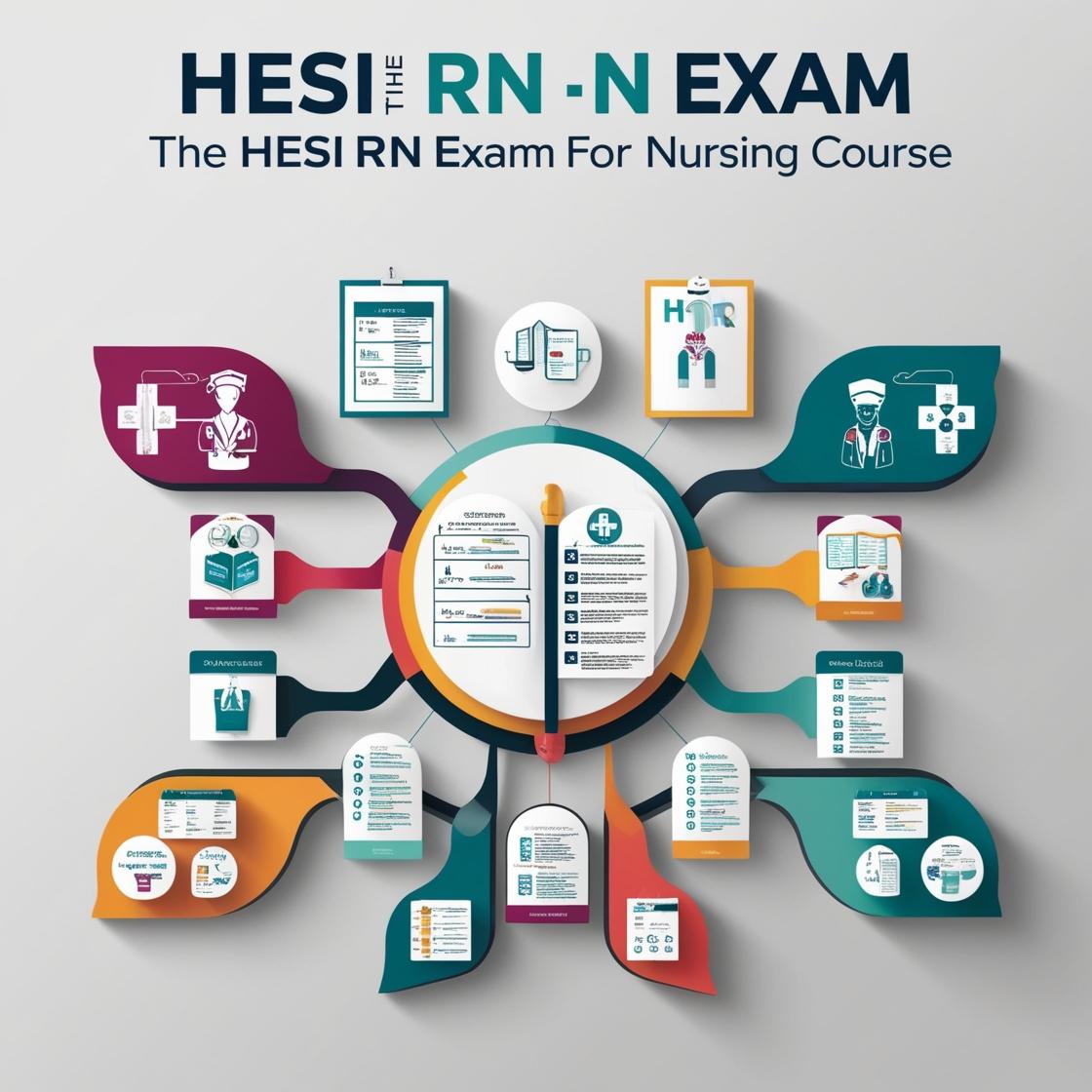HESI RN
HESI Medical Surgical Specialty Exam
1. A client in the postanesthesia care unit has an as-needed prescription for ondansetron (Zofran). Which of the following occurrences would prompt the nurse to administer this medication to the client?
- A. Paralytic ileus
- B. Incisional pain
- C. Urine retention
- D. Nausea and vomiting
Correct answer: D
Rationale: The correct answer is D: Nausea and vomiting. Ondansetron is an antiemetic used to manage postoperative nausea and vomiting, as well as nausea and vomiting related to chemotherapy. It is not indicated for treating paralytic ileus, incisional pain, or urine retention. Paralytic ileus is a condition of the gastrointestinal tract characterized by the paralysis of intestinal muscles, which would not be treated with ondansetron. Incisional pain is typically managed with analgesics, not antiemetics. Urine retention is a urinary issue that does not involve nausea and vomiting, making ondansetron an inappropriate choice for this condition.
2. A client has been scheduled for magnetic resonance imaging (MRI). For which of the following conditions, a contraindication to MRI, does the nurse check the client’s medical history?
- A. Pancreatitis
- B. Pacemaker insertion
- C. Type 1 diabetes mellitus
- D. Chronic airway limitation
Correct answer: B
Rationale: The correct answer is B: Pacemaker insertion. Patients with metal devices or implants are contraindicated for MRI. These include pacemakers, orthopedic hardware, artificial heart valves, aneurysm clips, and intrauterine devices. These metal objects can be affected by the strong magnetic field of the MRI, leading to serious risks for the patient. Pancreatitis (choice A), Type 1 diabetes mellitus (choice C), and chronic airway limitation (choice D) are not contraindications to MRI based on the presence of metal objects. Therefore, the nurse should be particularly concerned about pacemaker insertion when reviewing the client's medical history prior to an MRI.
3. A client is tested for HIV with the use of an enzyme-linked immunosorbent assay (ELISA), and the test result is positive. The nurse should tell the client that:
- A. HIV infection has been confirmed
- B. The client probably has an opportunistic infection
- C. The test will need to be confirmed with the use of a Western blot
- D. A positive test is a normal result and does not mean that the client is infected with HIV
Correct answer: C
Rationale: When an ELISA test for HIV is positive, it is essential to confirm the result with a Western blot. The Western blot is the confirmatory test for HIV. Choice A is incorrect because a positive ELISA test does not confirm HIV infection. Choice B is incorrect as it assumes a different diagnosis. Choice D is incorrect because a positive ELISA test does indicate potential HIV infection and requires confirmation.
4. A client has undergone renal angiography via the right femoral artery. The nurse determines that the client is experiencing a complication of the procedure upon noting:
- A. Urine output of 40 mL/hr
- B. Blood pressure of 118/76 mm Hg
- C. Respiratory rate of 18 breaths/min
- D. Pallor and coolness of the right leg
Correct answer: D
Rationale: Pallor and coolness of the right leg indicate a potential vascular complication following renal angiography, such as hemorrhage, thrombosis, or embolism. These signs suggest impaired circulation in the affected limb. Urine output, blood pressure, and respiratory rate are not typically associated with complications of renal angiography. Complications of this procedure mainly involve allergic reactions to the dye, dye-induced renal damage, and various vascular issues.
5. A nursing assistant is measuring the blood pressure (BP) of a hypertensive client while a nurse observes. Which action on the part of the assistant would interfere with accurate measurement and prompt the nurse to intervene? Select all that apply.
- A. Measuring the BP after the client has sat quietly for 5 minutes
- B. Having the client sit with the arm bared and supported at heart level
- C. Using a cuff with a rubber bladder that encircles less than 80% of the limb
- D. Measuring the BP after the client reports that he just drank a cup of coffee
Correct answer: C
Rationale: To ensure accurate blood pressure (BP) measurement, the cuff used should have a rubber bladder that encircles at least 80% of the limb being measured. This ensures proper compression and accurate readings. Choices A and B are correct practices as it is recommended to measure BP after the client has sat quietly for 5 minutes and to have the client sit with the arm bared and supported at heart level. Choice D is also a correct reason for intervention as the client should not have consumed caffeine or smoked tobacco within 30 minutes before BP measurement, as it can affect the accuracy of the reading.

Access More Features
HESI RN Basic
$69.99/ 30 days
- 50,000 Questions with answers
- All HESI courses Coverage
- 30 days access
HESI RN Premium
$149.99/ 90 days
- 50,000 Questions with answers
- All HESI courses Coverage
- 90 days access
